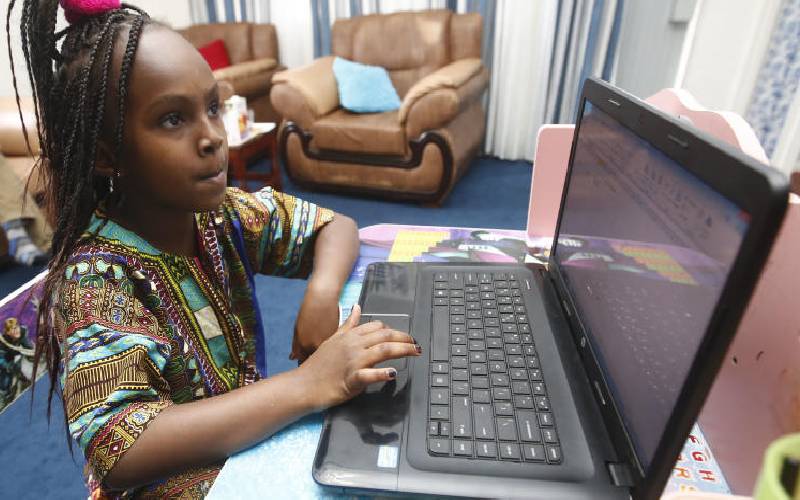×
The Standard e-Paper
Smart Minds Choose Us

Parents with children in private schools will still have to pay tuition fees even after the Education ministry pushed reopening from May to June.
Schools remained closed for the better part of first term and will remain closed for at least one month of second term.